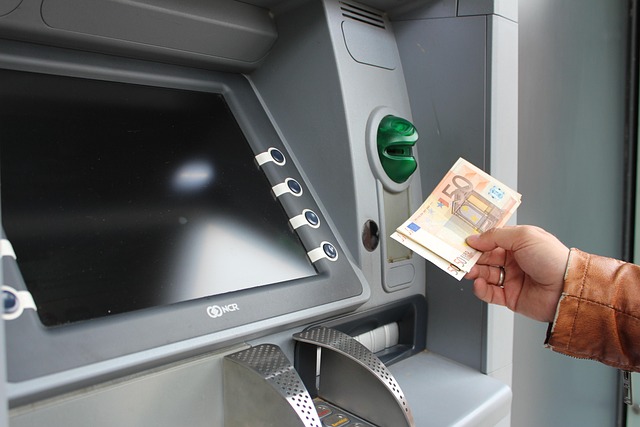The car title loan industry is evolving its photo ID requirements due to technological advancements and increased security concerns. Lenders now employ biometric technologies like facial recognition for robust verification of vehicle ownership, expediting approvals while minimizing fraud risks. Despite potential challenges, flexible options like digital uploads are available. This shift enhances security, streamlines applications, and ensures fair terms for all borrowers.
The car title industry is undergoing a significant transformation with evolving photo ID standards, particularly for car title loan processes. As regulatory changes take effect, understanding updated photo ID requirements becomes crucial for both lenders and borrowers. This article delves into these new standards, exploring their impact on streamlining the car title loan process while enhancing security measures and consumer protection.
- Evolving Photo ID Standards for Car Titles
- Impact on Car Title Loan Process
- Enhanced Security Measures and Consumer Protection
Evolving Photo ID Standards for Car Titles

The car title industry is witnessing a significant shift in photo ID standards, primarily driven by advancements in technology and changing regulatory landscapes. Traditionally, a driver’s license or state-issued ID has been the primary form of identification for car title transactions, ensuring quick approval and streamlining processes. However, with the rise of digital documentation and enhanced security concerns, industry players are adopting more robust verification methods.
This evolution is particularly relevant when considering loan refinancing or obtaining a car title loan. While the traditional photo ID requirements offer convenience and speed, new standards emphasize accuracy and fraud prevention. Advanced biometric technologies, such as facial recognition software, are being integrated into the lending process to enhance security. These measures ensure that the person applying for a car title loan is indeed the legal owner of the vehicle, facilitating faster loan approvals while mitigating risks associated with fraudulent transactions.
Impact on Car Title Loan Process

The evolution of photo ID requirements for car title loans has significantly streamlined the entire application process. With stricter security measures in place, lenders now demand more robust identification to prevent fraud and ensure the legitimacy of borrowers. This change impacts both traditional and online application methods, prompting prospective loan seekers to gather essential documents before initiating the car title loan process.
For those relying on emergency funding or considering bad credit loans, navigating these updated photo ID requirements might seem like a hurdle. However, many reputable lenders offer flexible options, including digital uploads for certain IDs, making the process more accessible than ever. This shift in procedures ultimately contributes to a safer and more secure lending environment.
Enhanced Security Measures and Consumer Protection

With the rise in car title loans, ensuring robust security measures and consumer protection has become paramount. Lenders are increasingly adopting stricter photo ID requirements to combat fraud and identity theft. This shift is not just about compliance; it’s a proactive step to safeguard both lenders and borrowers in this highly secured lending sector.
The enhanced security protocols involve meticulous verification of vehicle collateral ownership through comprehensive background checks and robust documentation processes. While this might pose additional challenges for borrowers, particularly those with bad credit loans, it significantly reduces the risk of fraudulent transactions. These measures ensure that the loan terms are fair, transparent, and secure for all parties involved.
The changes in car title industry photo ID requirements signal a significant step towards enhanced security and consumer protection. As evolving photo ID standards come into play, the car title loan process becomes more streamlined and efficient while ensuring the integrity of transactions. These updates are a testament to the industry’s commitment to adapt and strengthen its practices, making car title loans more accessible and secure for all involved parties.






